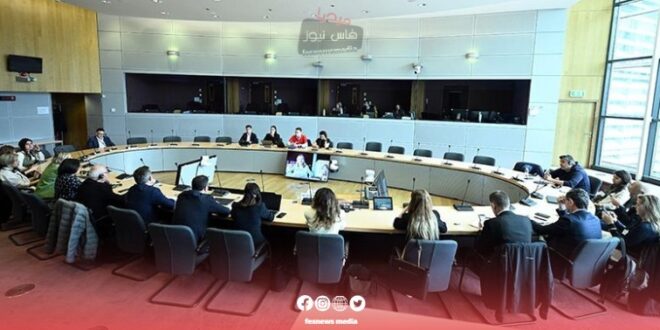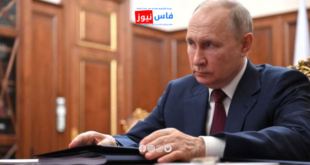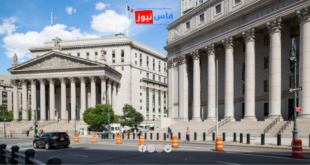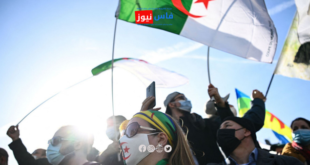The European Union (EU) has recently announced the commencement of dispute settlement procedures with Algeria, accusing it of imposing restrictions on European exports and investments since 2021. The European Commission issued a statement aimed at opening constructive dialogue to lift these restrictions across various sectors, including agricultural products and automobiles.
The measures criticized by Brussels include an import licensing system that effectively amounts to an import ban, conditions imposed on car manufacturers to use locally manufactured parts, and a cap on foreign participation in companies importing products into Algeria.
The EU views these restrictions as a violation of Algeria’s commitments under the partnership agreement signed between the two parties in 2002, which came into effect in 2005. This step aims to protect the rights of European companies and exporters operating in Algeria. The Commission also points out that these measures harm Algerian consumers by limiting available product choices.
If an amicable solution is not reached, the EU has the right to request the establishment of an arbitration committee in accordance with the dispute settlement mechanism stipulated in the agreement.
It’s worth noting that the EU is Algeria’s largest trading partner, accounting for 50.6% of its international trade transactions in 2023. However, the value of EU exports to Algeria has seen a significant decline from 22.3 billion euros in 2015 to 14.9 billion euros in 2023, according to figures from the European Commission.
All eyes remain on the developments of this issue and its potential implications for trade relations between the EU and Algeria.
 فاس نيوز ميديا جريدة الكترونية جهوية تعنى بشؤون و أخبار جهة فاس مكناس – متجددة على مدار الساعة
فاس نيوز ميديا جريدة الكترونية جهوية تعنى بشؤون و أخبار جهة فاس مكناس – متجددة على مدار الساعة













